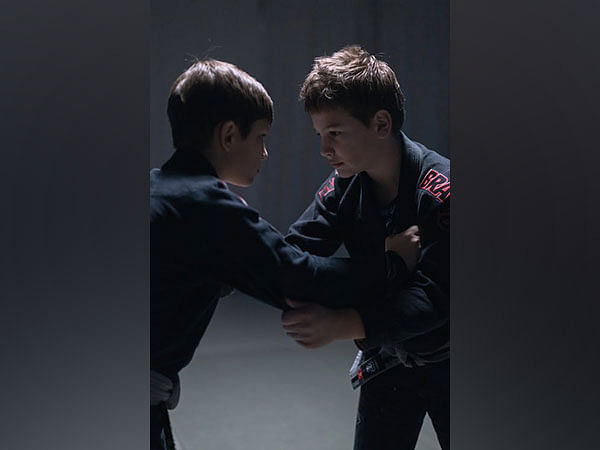Washington [US], April 9 (ANI): A study has revealed that children engage in frequent conflicts with classmates to strengthen their position in the group and enhance their popularity.
The results of the study were published in the journal, ‘Personality and Individual Differences’.
The findings of the study revealed that higher initial levels of peer-reported aggression and disruptiveness were associated with increases in peer-reported popularity over the course of a semester, particularly for children who reported frequent disagreements with peers.
Because aggression usually arises within the context of a conflict, it follows that conflicts with aggressive children carry an implicit threat of harm. To avert aggression, classmates are apt to submit, which provides visible evidence of dominance and promotes short-term gains in popularity.
“Although we think it unlikely that contentiousness alone is a foundation for popularity, it may signal to peers a willingness to deploy discord to achieve ends,” said Brett Laursen, PhD, senior author and a professor of psychology in FAU’s Charles E. Schmidt College of Science.
“Because conflict contains the potential for escalation, it amplifies dangers that can arise when aggressive and disruptive children are crossed. Aggressive children who are frequently in conflict need not always resort to coercion; the mere prospect of unpleasant behaviour may persuade others to submit,” he added.
Study participants included a diverse sample of Florida children ages 8 to 12, attending a primary school whose population mirrored that of public school students in the state in terms of ethnicity and socioeconomic status.
“A similar process appears to work for disruptive children, although less pronounced. Submission in response to a disagreement with a disruptive child avoids irritating classmates who are aware of the risks of antagonizing someone who is willing to unsettle the group to get their way,” said Brett.
The researchers emphasized that by itself, conflict is not a means to peer status. However, they say that it can be an effective tool that amplifies conspicuous attributes that undergird some forms of popularity.
“We do not claim that conflicts used in this manner are a healthy avenue to well-being. The consequences of conflict depend on the context, the aims, and the ways in which it is managed,” said Brett.
“We do claim, however, that disagreement can be an efficient social strategy that leverages the implicit threat of coercion into dominance, bolstering popularity through reminders rather than actual displays of aggression and disruption,” he concluded. (ANI)
This report is auto-generated from ANI news service. ThePrint holds no responsibility for its content.



